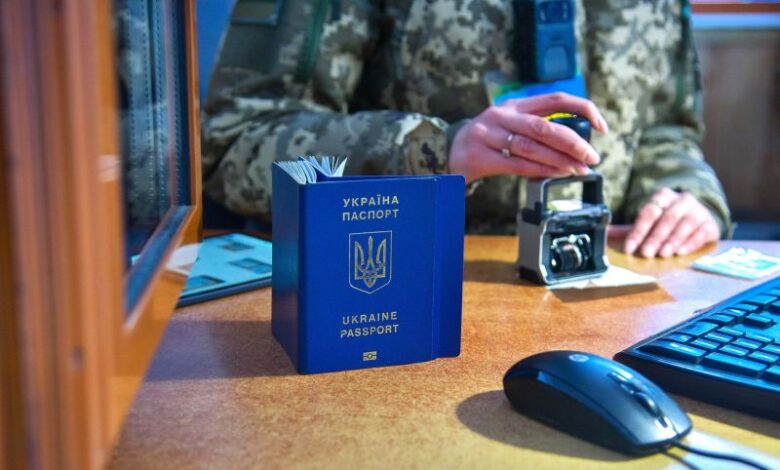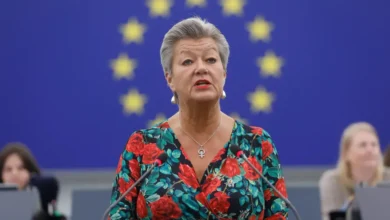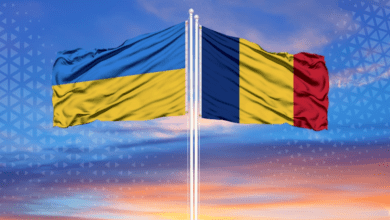50 thousand per day: Ukraine continues to lose its citizens

In the conditions of a full-scale war, which has been going on for the third year in Ukraine, more and more citizens are leaving their homes, crossing borders in search of safety, new opportunities, or to visit relatives abroad. This mass emigration became one of the biggest humanitarian and demographic problems faced by Ukraine since its independence.
The Western Regional Department of the State Border Service of Ukraine-Western Border made public the following information:
“Over the past week, 527,000 people and 97,000 vehicles crossed Ukraine’s western borders with the EU and Moldova (in Bukovina).
During the day of January 5, 107 thousand people and 18 thousand vehicles crossed the western borders of Ukraine with the EU and Moldova (in the Chernivtsi region).
50,000 people left Ukraine last day. 33 thousand of them crossed the border with Poland, the rest followed to other EU countries and Moldova.
Over the past day, 57,000 people were followed to Ukraine, 53,000 of them are citizens of Ukraine.”
That is, according to the data of the Western Regional Office of the State Border Service of Ukraine, the largest number of Ukrainians left across the border with Poland — 33,000 people. The rest chose routes through Slovakia, Hungary, Romania and Moldova. At the same time, 57,000 people returned to the country, of which 53,000 were citizens of Ukraine. Most of them are men, indicating that they are returning to perform duties, particularly military or professional.
Unfortunately, the demographic situation is becoming increasingly difficult. The war forced millions of Ukrainians to leave the country. Over the past two years, a significant part of the working population, including young people, who are the basis of Ukraine’s future recovery, left for Europe. This is especially felt in the western regions, which have become a transit corridor and at the same time a region where many temporarily displaced persons remain.
Ukrainians who go abroad face many challenges. Adapting to a new culture, finding a job, understanding local laws and regulations — all this becomes part of everyday reality. For example, EU countries are actively changing their immigration policy, adapting it to new conditions. Sweden, which has accepted a significant number of Ukrainians, recently announced a change in the rules for obtaining an EU Blue Card, which opens up new opportunities for highly qualified workers. However, these innovations require Ukrainians to carefully study the conditions and consult with specialists.
The war also affected family ties. Due to the imposition of martial law, men between the ages of 18 and 60 are prohibited from leaving the country, which has resulted in the separation of many families. Women and children leave in search of safety, while men stay at home or at the front. This factor increases social tension both in Ukraine and among Ukrainian communities abroad.
Despite all the difficulties, the Ukrainian authorities emphasize the importance of a strategic approach to the departure and return of citizens. This especially applies to people who plan to stay abroad for a long time or start their own business. Consultations on migration issues, understanding the rules and innovations in the host countries become mandatory steps for those who want to avoid additional problems.
In this difficult period, Ukraine is also trying to maintain contact with citizens who are outside the country. This is manifested through diplomatic efforts, assistance to Ukrainian communities abroad, as well as support for humanitarian initiatives. All these steps are aimed at ensuring that people do not lose touch with their homeland, even when they are thousands of kilometers away from home.
Mass emigration of Ukrainians is a phenomenon that requires not only discussion, but also a systematic approach to its solution. Behind these numbers are millions of stories related to the struggle for a better life, survival and hope for a peaceful future. Ukraine, its citizens and the international community must work together to make this future a reality.





